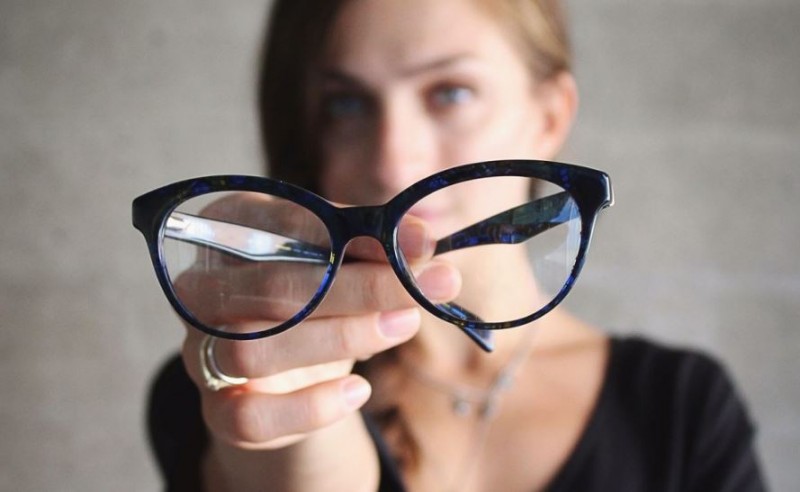
As we age, our bodies undergo various changes, and this includes changes in our eyes. Taking care of eye health becomes crucial, especially as we enter our 40s. Daily habits can have a significant impact on eye health, and it's essential to be mindful of this aspect of our well-being.
If you are approaching your 40s and wish to maintain healthy eyesight, here are some important tips to consider. These practices can help prevent vision problems and promote overall eye health.
1. Regular Eye Check-ups:
Regular eye check-ups are essential, especially after the age of 40, to monitor and maintain eye health. These check-ups involve a comprehensive examination by an eye care professional, including tests for visual acuity, eye pressure, and potential diseases. Conditions like glaucoma and age-related macular degeneration often show minimal symptoms initially, making regular check-ups crucial for early detection and intervention. By identifying issues early, you can address them proactively, potentially preventing the need for glasses and ensuring long-term eye health.
2. Nutrient-Rich Diet:
A diet rich in specific nutrients is vital for supporting eye health. Antioxidants, vitamins, and minerals play key roles in preventing age-related eye conditions. Vitamin C, found in citrus fruits, promotes collagen production in the eyes, maintaining their structure. Leafy green vegetables provide lutein and zeaxanthin, antioxidants that protect the eyes from harmful high-energy light waves like ultraviolet rays. Including fish in your diet, rich in omega-3 fatty acids, can also contribute to reducing the risk of dry eyes and macular degeneration. A well-balanced, nutrient-rich diet supports overall health and positively impacts eye health, potentially reducing the risk of needing glasses later in life.
3. Stay Hydrated:
Adequate hydration is crucial for maintaining the moisture balance in the eyes and preventing dryness. The eyes rely on tears to stay lubricated and comfortable. Dehydration can lead to dry eyes, causing irritation and discomfort. Drinking enough water ensures that the tear glands function optimally, reducing the risk of dry eye syndrome. Proper hydration also contributes to overall well-being, as water is essential for various bodily functions. By prioritizing hydration, you not only support your eye health but also contribute to your general health and potentially reduce the likelihood of requiring glasses.
4. Quit Smoking:
Smoking has a detrimental impact on eye health and is a significant risk factor for various eye conditions. The harmful chemicals in tobacco smoke can damage the blood vessels in the eyes, leading to conditions such as macular degeneration and cataracts. Quitting smoking is a proactive step towards preserving eye health. Studies have shown that individuals who quit smoking experience a reduction in the risk of developing age-related macular degeneration, emphasizing the positive impact of smoking cessation on long-term eye health. By breaking the habit, you not only protect your eyes but also improve your overall health and well-being.
5. Manage Screen Time:
In the digital age, prolonged screen time has become inevitable for many. However, excessive screen time can strain the eyes, leading to issues such as eye fatigue, dryness, and blurred vision. The 20-20-20 rule is a simple yet effective strategy to manage screen time. For every 20 minutes of screen use, take a 20-second break and focus on something 20 feet away. This practice helps reduce eye strain and prevent discomfort associated with extended screen use. Additionally, adjusting screen settings, using anti-glare filters, and maintaining an ergonomic workspace can further contribute to eye comfort. By managing screen time effectively, you promote eye health, potentially avoiding the need for glasses as you age.
In conclusion, adopting these practices offers a comprehensive approach to maintaining eye health after the age of 40. Regular check-ups, a nutrient-rich diet, proper hydration, smoking cessation, and responsible screen time management collectively contribute to preventing age-related vision issues and reducing the likelihood of needing glasses. Prioritizing these habits not only preserves your eyesight but also enhances your overall quality of life as you age.
Drinking Water with THESE Foods is Dangerous, Avoid These Common Combinations for Better Health
Rapid Increase in the 'Risk' of Heart Attacks Among Youth: Causes and Solutions